Researchers demonstrate the controlled growth of artificial synapses, paving the way for computers that can grow, evolve, and adapt like the human brain.


Researchers demonstrate the controlled growth of artificial synapses, paving the way for computers that can grow, evolve, and adapt like the human brain.

A new simulation technique accelerates modeling to help us better understand complex molecular processes and facilitate rational drug design.
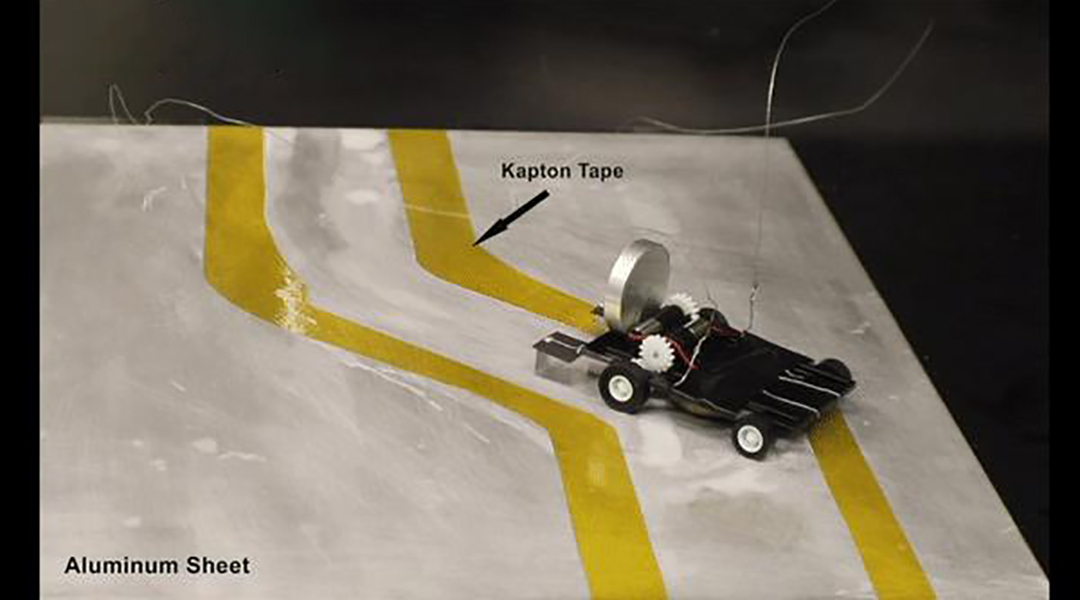
The “metal-eating” robot can follow a metal path without using a computer or needing a battery.
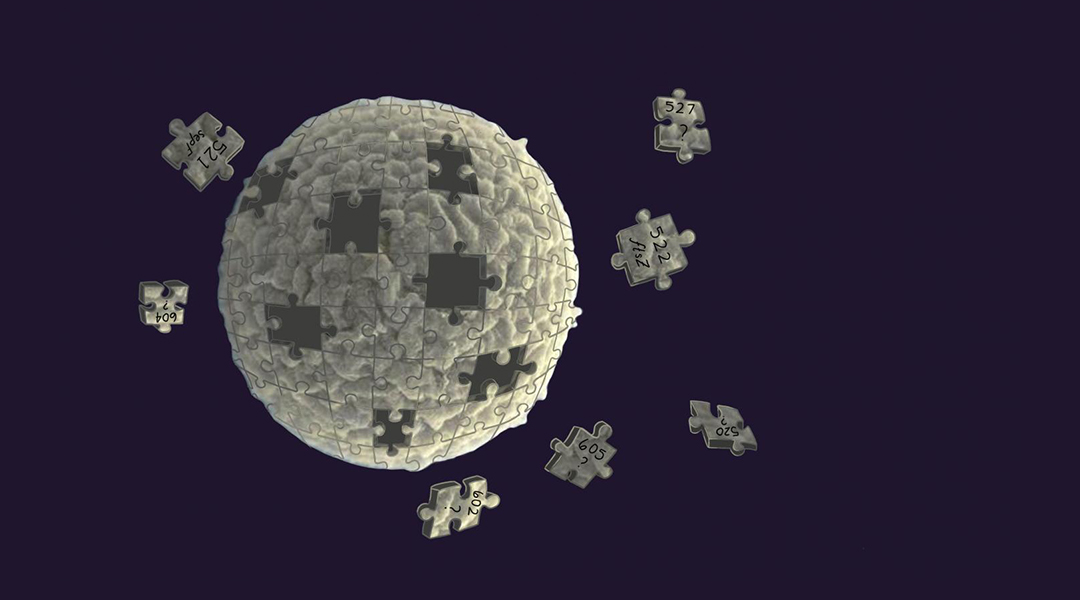
New findings shed light on mechanisms controlling the most basic processes of life.

From astronauts to programmers and medical researchers fighting the COVID-19 pandemic, these women are pushing boundaries in STEM.
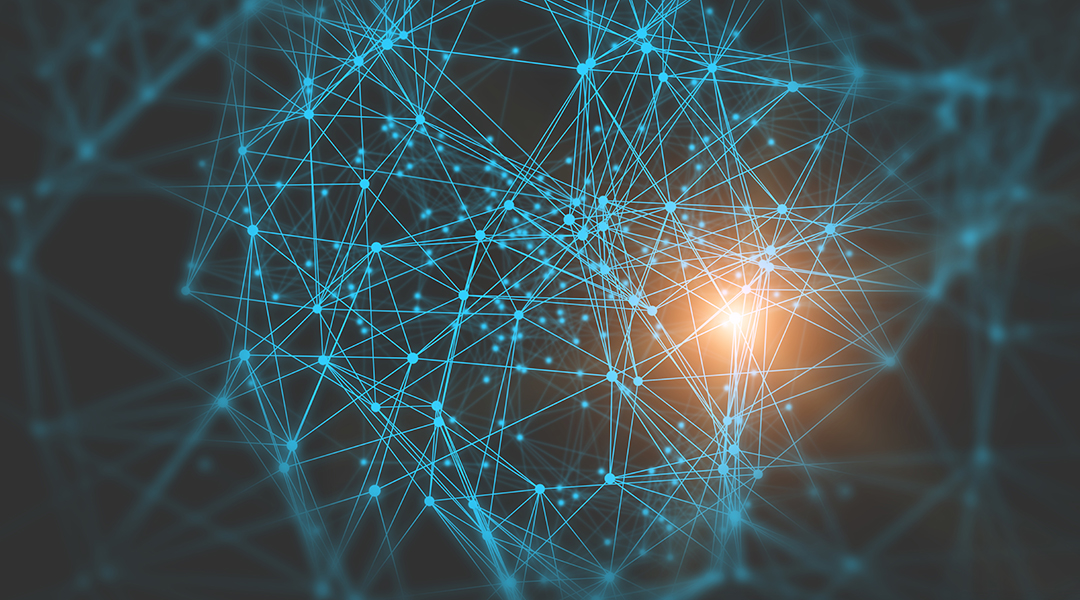
Researchers were able to detect a “needle” of highly fragile quantum information in a “haystack” of nuclei.

Replacing animal testing with the ever-growing capabilities of AI and deep learning could help minimize the need for animals in scientific discovery.
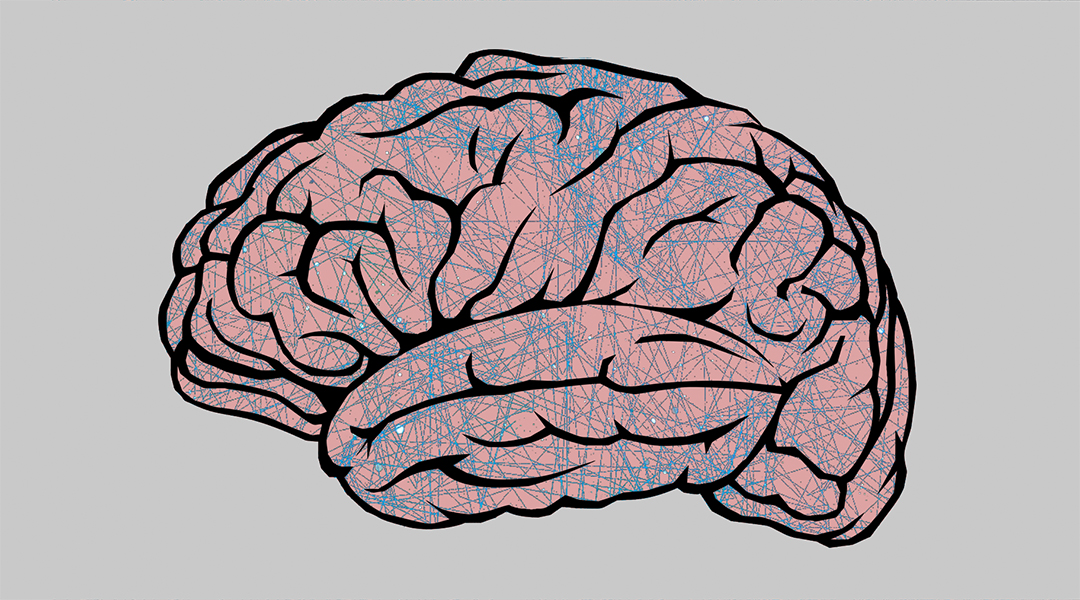
An intelligent material that learns by physically changing itself, similar to how the human brain works, could be the foundation of a completely new generation of computers.
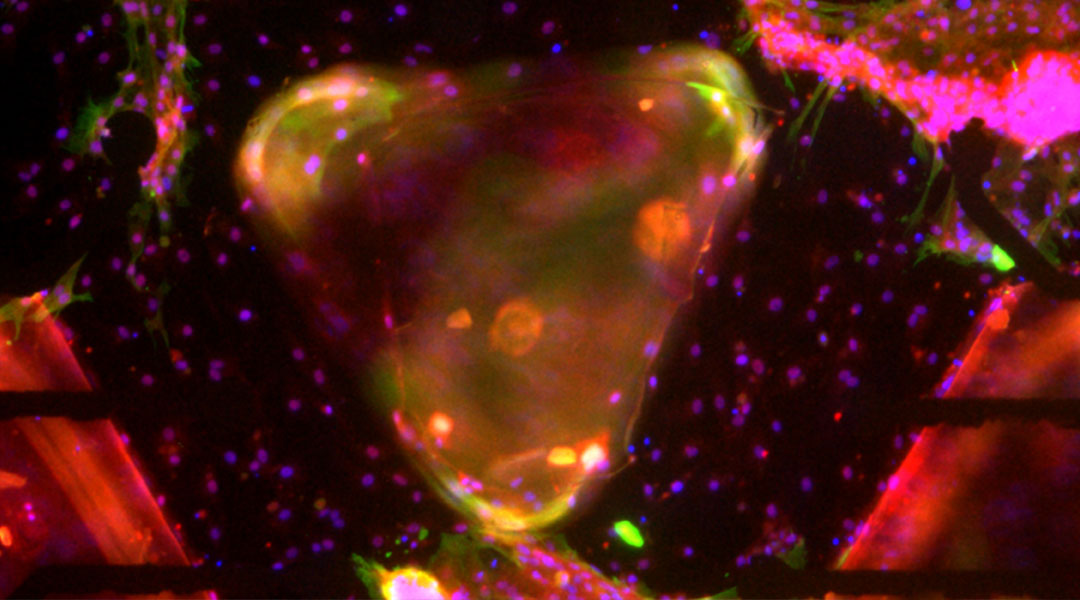
Researchers build the first biocomputers from heart cells and demonstrate their ability to perform complex computational tasks.
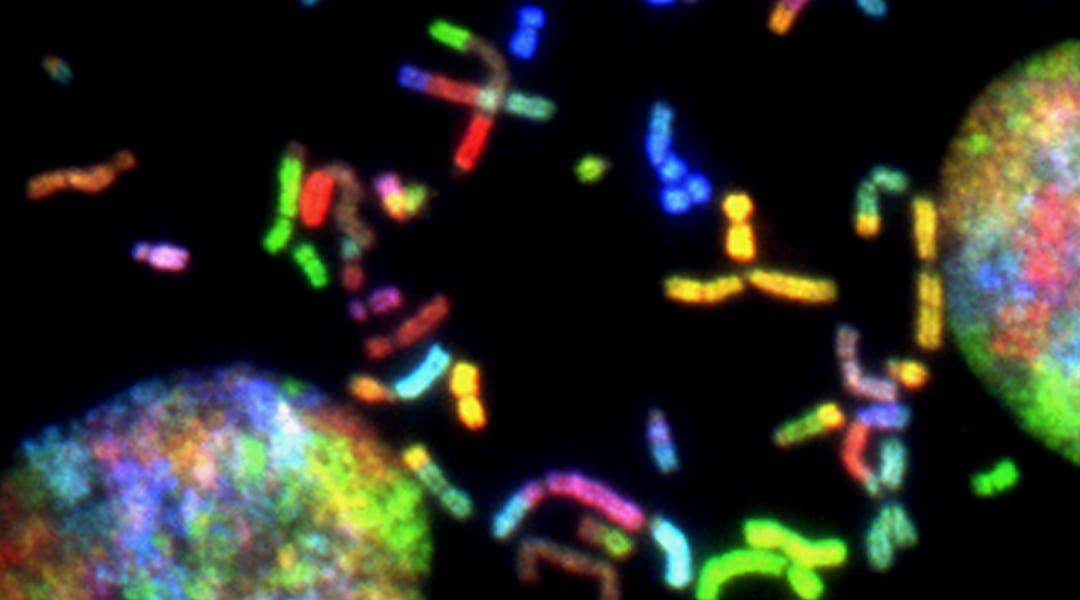
A new computational technique allows researchers to model biological processes with better accuracy and at a lower computational cost.